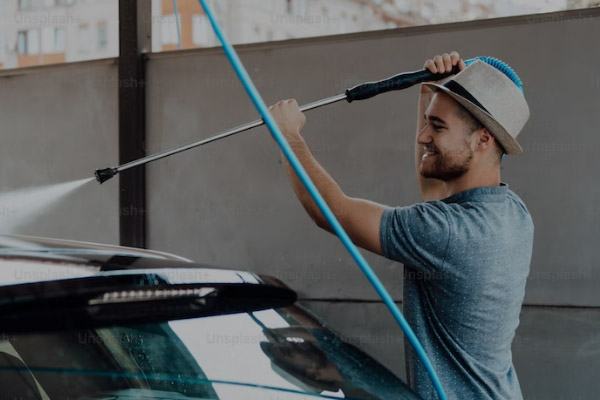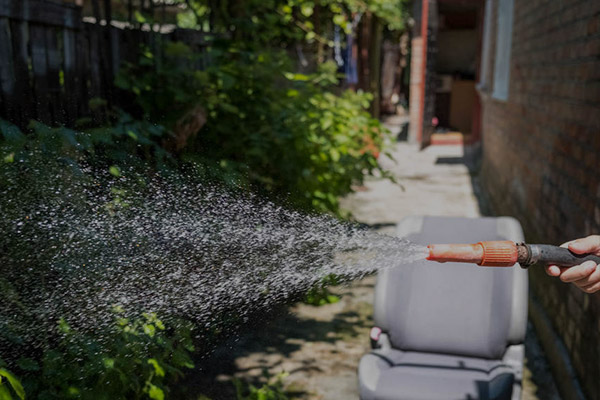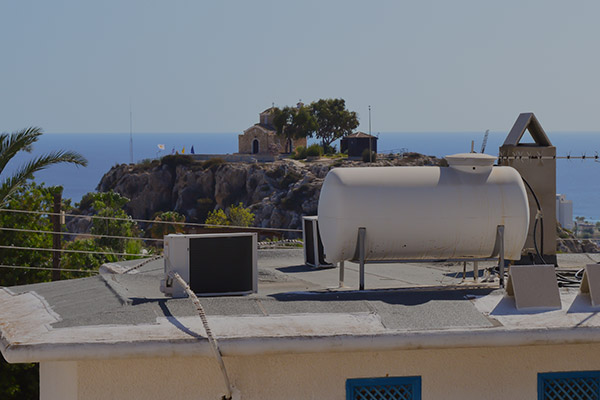1. Every 500 hours of operation, loosen the screw plug on the sealing seat, use a syringe to extract the remaining oil in the cavity; add qualified No. 20 mechanical oil into the sealing cavity to half the volume of the cavity (check method for appropriate amount of oil: Run the oil pump until the oil does not come out): Tighten the screw plug to prevent leakage.
2. When it is found that the mechanical noise of the motor increases and the temperature rise of the bearing is abnormal, the lubrication condition of the motor bearing should be checked. If the grease becomes discolored or dirty, it should be replaced in time.
3. When oil leakage is found in the sealing seat, you can loosen the screw plug on the sealing seat and run the oil pump. When oil comes out and smells like aviation oil, it can be determined that the mechanical seal has failed. Take the in-line pump out of service to quickly replace the mechanical seal.
4. How to replace failed mechanical seal:
(1) Prepare the workbench (ground) and disassembly and assembly tools for placing pump parts. Do not place them randomly to avoid damaging the pump parts.
(2) Make sure the motor is in maintenance status before disassembly; unscrew the oil filling screw plug; use a straw to suck out the lubricating oil in the seal seat cavity.
(3) Disassemble the split coupling: first unscrew the hexagon socket screws fixing the coupling, and then gently pull half of the coupling off the shaft slowly (be careful not to fall off). Use a torx wrench to unscrew the pump shaft lifting bolt and stopper, let the impeller slowly sink to the pump body, remove the other half of the coupling, and take off the pump shaft retaining ring.
(4) Remove the sealing seat: Unscrew the sealing seat compression nut, gently remove the sealing seat (note: do not break the rubber oil seal on the seat) and clean it.
(5) Disassemble and clean the bearing seat: first lightly move the bearing seat, then use the disassembly bolt to lift the bearing seat, and lift it down along the pump shaft to remove it. Use jet fuel to clean the bearing and seat, dry and dry before installation. Apply a little No. 20 mechanical oil for lubrication and protection.
(6) Disassemble the mechanical seal: Grasp the seal spring and lift it up along the pump shaft to disassemble it.
(7) Mechanical seal assembly: Apply a layer of clean No. 20 lubricating oil on the mirror surfaces of the dynamic and stationary rings: apply lubricating oil to the guide bearing seat, first gently position the static ring and install it into the guide bearing seat; then install it on the pump shaft Apply lubricating oil, and gently install the moving ring part of the mechanical seal onto the pump shaft. Push the sealing ring gently with your hand and it should be able to expand and contract freely (note that the anti-rotation surfaces of the moving and static ring parts are assembled in place).
(8) Install the sealing seat: First install the rubber oil seal on the sealing seat, then install the sealing seat into the pump cover and press it on the bearing seat, and tighten the nut.
(9) Install the coupling: first install a retaining ring on the motor shaft head, install a coupling, then install a stopper on the pump shaft end and the coupling groove and tighten the bolts with a torx wrench (lift the pump shaft 3 ~5 mm away to provide mechanical seal prestress): Install the other half of the coupling and tighten the hexagonal socket screws, which must be tightened. Correct inspection requirements for installing a coupling: the upper and lower clearance of the split coupling is even; turn the coupling several times by hand to check for flexible rotation.
(10) Perform a test run according to the key points of use to check whether the mechanical seal is replaced correctly and whether the pump unit is operating normally.










